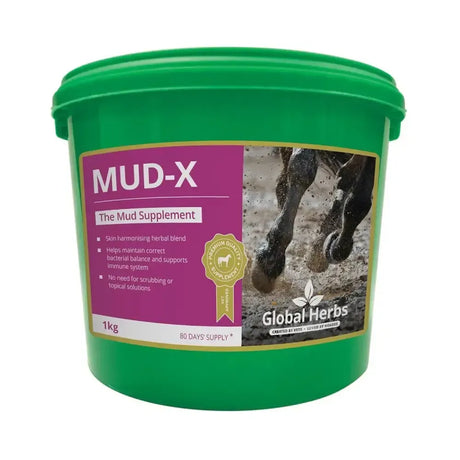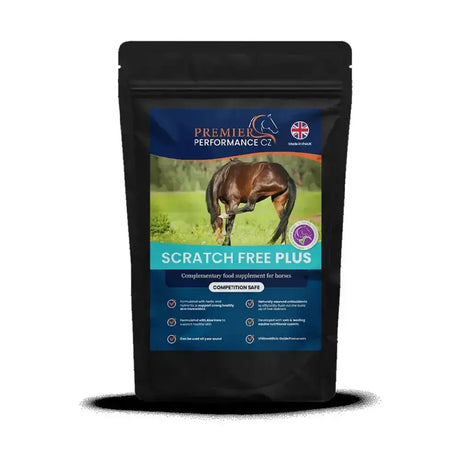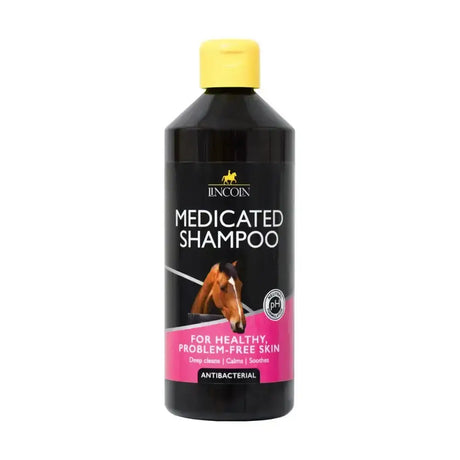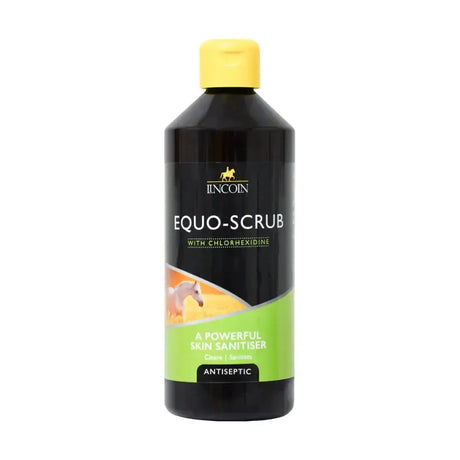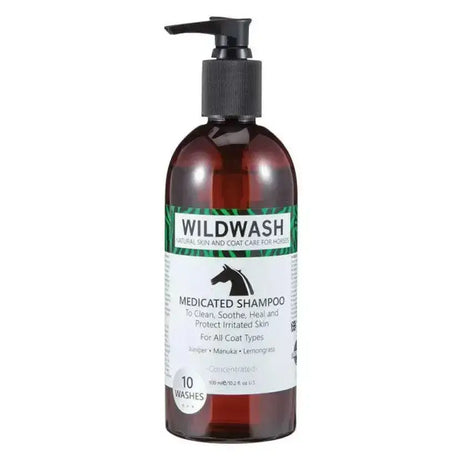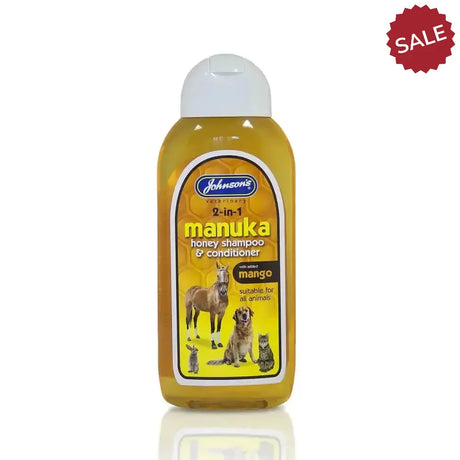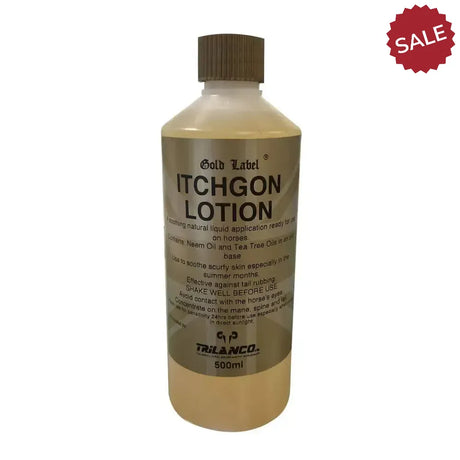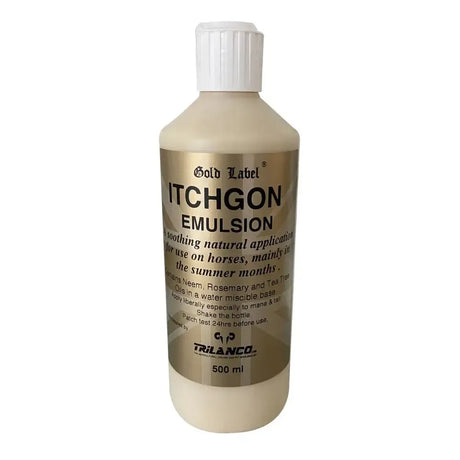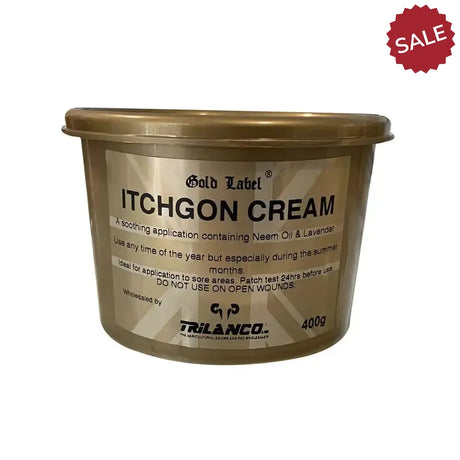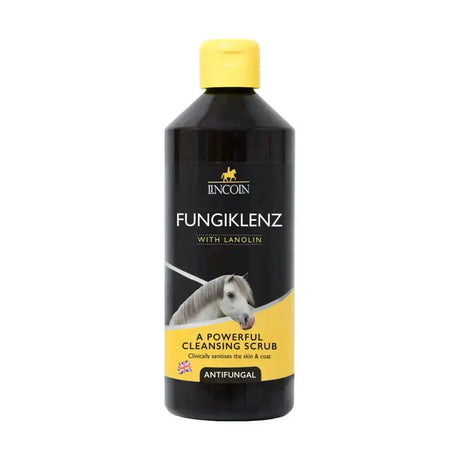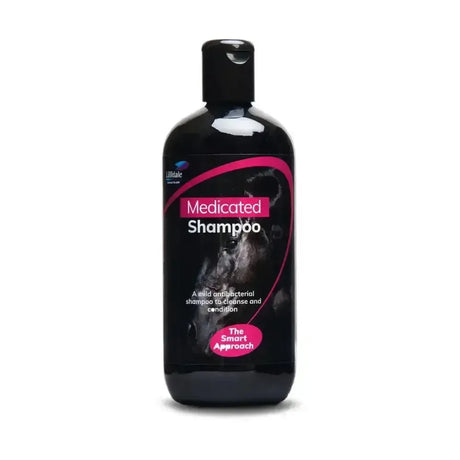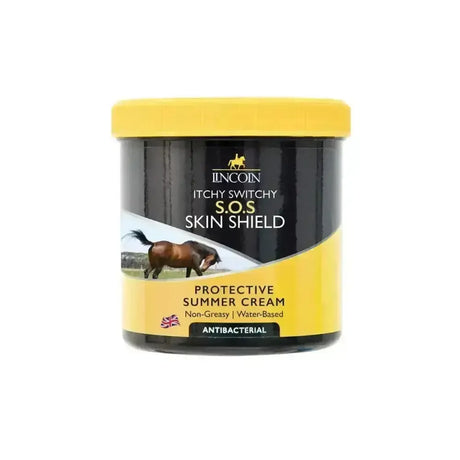Helping To Manage Sweet Itch In Horses
Shop From Our Summer Lines For Horse Lovers
Or You Can Shop Our Full Range Of Summer Essentials-
£39.33
£40.02Save OnlineUnit price /Unavailable -
Global Herbs Sarc Ex Liquid 1 Ltr - Equine
£48.33Unit price /Unavailable -
Animal Health Company O-Mega Shine
£117.31£132.30Save OnlineUnit price /Unavailable -
Absorbine Silver Honey Hygienic Shampoo
£20.79£23.89Save OnlineUnit price /Unavailable -
£45.46
£58.50Save OnlineUnit price /Unavailable -
Premier Performance Scratch Free Plus
£48.30Unit price /Unavailable -
From £7.96
£10.50Save OnlineUnit price /Unavailable -
From £7.96
£10.50Save OnlineUnit price /Unavailable -
WildWash Horse Shampoo Medicated
From £17.00Unit price /Unavailable -
Johnsons Veterinary Manuka Honey Shampoo
£5.05£6.39Save OnlineUnit price /Unavailable -
£8.70
£9.90Save OnlineUnit price /Unavailable -
£11.29
£14.70Save OnlineUnit price /Unavailable -
£8.30
£9.45Save OnlineUnit price /Unavailable -
£8.72
£11.50Save OnlineUnit price /Unavailable -
From £6.80
£7.99Save OnlineUnit price /Unavailable -
Lincoln Itchy Switchy S.O.S Skin Shield
From £14.99£19.99Save OnlineUnit price /Unavailable -
Lincoln Itchy Switchy S.O.S Skin Aid
£18.97£24.99Save OnlineUnit price /Unavailable -
Lincoln Itchy Switchy S.O.S Shampoo
From £9.11£11.99Save OnlineUnit price /Unavailable
Sweet Itch In Horses
Sweet itch in horses, also known as summer eczema or culicoides hypersensitivity, is a common skin condition caused by an allergic reaction to the bites of Culicoides midges (biting gnats or no-see-ums). This allergic reaction results in intense itching, irritation, and skin lesions, particularly during warmer months when the insects are most active. It's a chronic, seasonal problem that can cause significant discomfort for affected horses.
Causes of Sweet Itch:
- Culicoides Midge Bites: The primary cause is the saliva of biting midges. When these insects bite, susceptible horses develop an allergic response, resulting in severe itching and irritation.
- Seasonal Occurrence: Sweet itch is most common in spring and summer due to the prevalence of midges during these warmer, wetter months.
- Environmental Factors: Midges thrive in wet, marshy environments, and horses kept near water bodies or boggy areas are more prone to the condition.
Symptoms of Sweet Itch:
- Intense Itching and Scratching: Horses will scratch their skin using their hooves, against objects like fences, or even by rubbing on the ground.
- Hair Loss: Constant rubbing and itching often result in patches of missing hair, especially around the mane, tail, belly, and face.
- Scabby or Raw Skin: The skin becomes inflamed, crusted, and can develop sores or open wounds due to excessive scratching.
- Thickened Skin: In chronic cases, the skin may become thickened, dry, and leathery due to prolonged irritation.
- Restlessness: Affected horses may appear irritable and restless due to the constant discomfort.
Areas Commonly Affected:
- Mane and crest of the neck
- Base of the tail
- Ears and face
- Belly, particularly along the midline
- Shoulders and withers
Treatment and Management of Sweet Itch:
-
Insect Control:
- Stable the Horse: Keep the horse indoors during peak midge activity times (dawn and dusk). Installing fine mesh screens on stable windows or using fans to create airflow can help keep midges out.
- Fly Sheets: Specially designed fly rugs or sweet itch blankets cover the horse’s body, including the neck and belly, to protect against bites.
- Insect Repellents: Regular use of midge-specific repellents (containing ingredients like permethrin or DEET) can reduce the number of bites. Reapply as needed, especially after the horse sweats or gets wet.
-
Soothing and Healing the Skin:
- Anti-Itch Creams: Topical products containing ingredients like aloe vera, hydrocortisone, or oatmeal can help soothe irritated skin.
- Medicated Shampoos: Regularly washing the affected areas with soothing, anti-itch shampoos can help remove allergens and promote healing.
- Cool Compresses: Applying cool water or cold packs to inflamed areas can temporarily relieve itching and reduce swelling.
-
Antihistamines and Steroids:
- Antihistamines: Oral antihistamines can help reduce the allergic response and control itching. Consult a vet for appropriate dosage.
- Corticosteroids: In severe cases, your veterinarian may prescribe corticosteroids to reduce inflammation and itching. However, long-term steroid use can have side effects, so it's often used as a last resort.
-
Supplements for Skin Health:
- Omega-3 Fatty Acids: Adding omega-3 supplements (such as flaxseed or fish oil) to the horse's diet may support skin health and reduce the severity of the allergic response.
- Vitamins and Minerals: Ensuring the horse's diet includes adequate amounts of zinc and vitamin E can help maintain healthy skin.
-
Environmental Management:
- Remove Breeding Areas: Minimize standing water and boggy areas around the pasture to reduce midge breeding grounds.
- Stable Fans: Use fans in the stable, as midges are weak fliers and tend to avoid areas with a breeze.
Prevention:
- Early Protection: Start using fly sheets and insect repellents early in the season before midge activity peaks.
- Vaccinations and Immunotherapy: Though still in experimental stages, some therapies aim to desensitize horses to the midge bites over time. Consult a vet to explore options like this.
When to Consult a Vet:
- If the horse's itching is severe and persistent.
- Signs of infection in the sores (swelling, pus, etc.).
- If other treatments are ineffective, your vet may prescribe stronger medications or explore alternative causes of the itch.
With proper management, the discomfort from sweet itch can be significantly reduced, allowing affected horses to enjoy the warmer months more comfortably.












